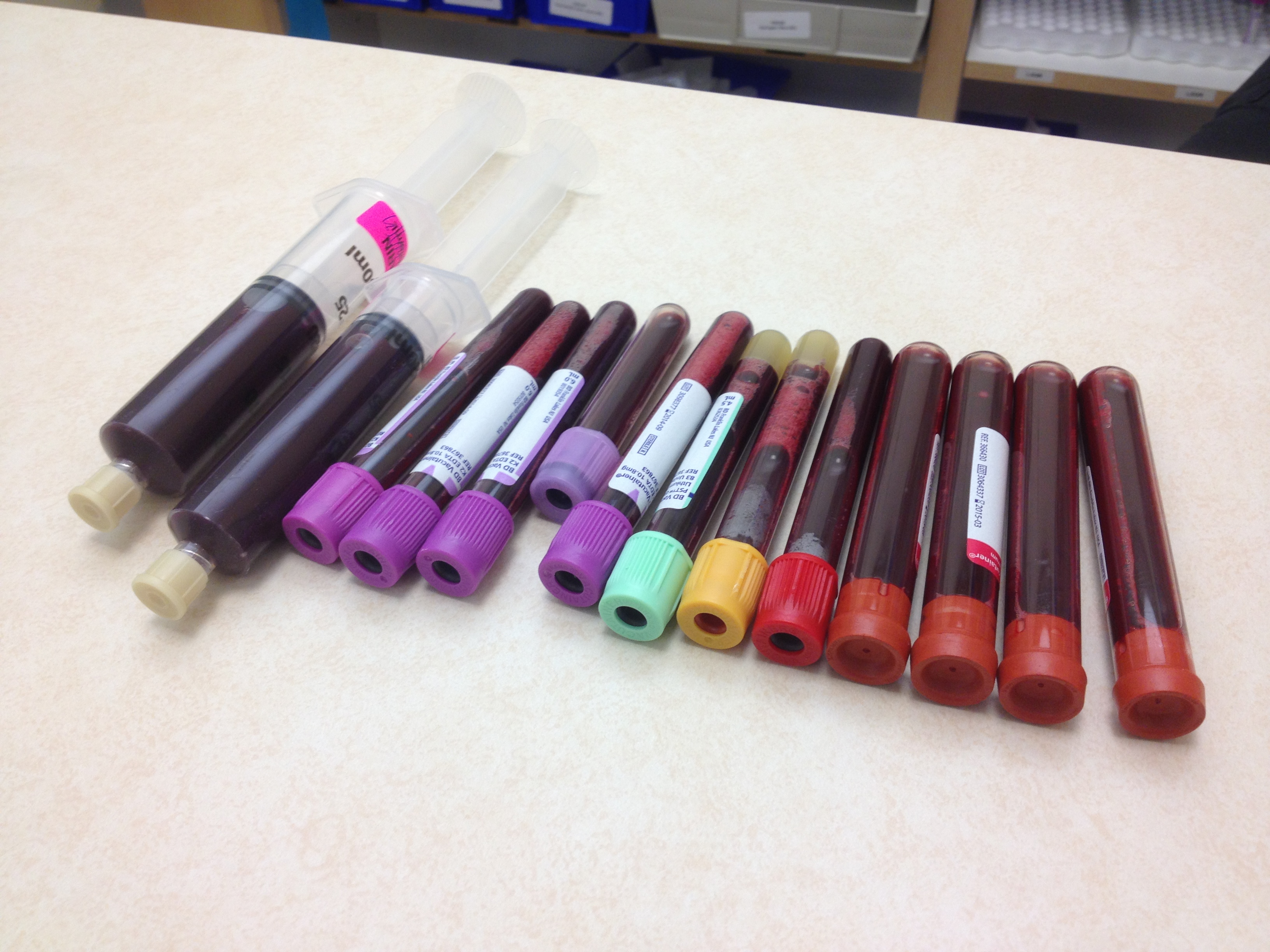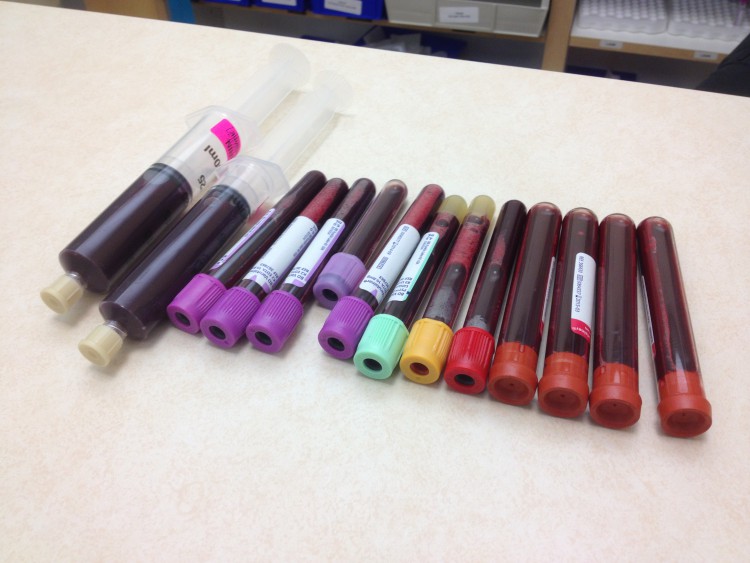
Q: “How do I get blood tests? Do people really just ask their doctor? And what tests are usually a good idea to get?”
A: In some cases, yes, people just ask their doctor. And depending on the insurance the person has, this may work fine.
But it’s not necessary to ask one’s personal doctor. There are at least two businesses that provide prescriptions online that can be taken to a local clinics such as LabCorp. One convenient source is LEF.org, but shop around as there’s no reason to choose anything but the lowest price, as other labs that might be used won’t be worse than LabCorp.
While off-cycle, it’s good to have a baseline for free testosterone and estradiol. If free testosterone is poor, LH should be measured as well, to understand whether the problem is low LH or, if LH is good, poor testicular function.
During a cycle using aromatizing steroids, it’s good to measure estradiol so that dosage of anti-aromatase can be adjusted to reach a desired target of about 20-30 pg/mL. Some will have concerns for blood lipid profile and may wish to monitor that.
A CBC will allow seeing if the androgen usage is increasing hematocrit excessively. There probably really is not a sharp line, but 53% is widely considered a maximum acceptable limit. Blood donation can be a solution when close to the limit (to avoid going over) or sometimes when just barely beyond, but more usually reduction in dose is needed in those instances where hematocrit is excessive. AST (a liver enzyme) should also be monitored when using alkylated oral steroids.
I don’t think it’s necessary to do blood work every time, but it is good to have a baseline and to have known what’s happened in the past when doing cycles similarly to what’s currently being done. For example, if knowing before that a given amount of letrozole was what you needed for a given amount of testosterone, that same dose will be close enough for future use as well.

About the author
Bill Roberts is an internationally-recognized expert on anabolic steroids and performance-enhancing drugs (PEDs). He received a bachelor degree in Microbiology and Cell Science and completed the educational and research requirements for a PhD in Medicinal Chemistry at a major American university.
Bill entered the nutritional supplement industry prior to completing his doctoral thesis but his education was invaluable so far as being able to design/improve nutritional supplement compounds, since it was in the field of designing drug molecules and secondarily some work in transdermal delivery.
His education was not specifically "geared" toward anabolic steroids other than expertise with pharmacological principles having broad applications. This has allowed Bill to provide unique insight into the field of anabolic pharmacology with knowledge of points which he would not have known otherwise.
Leave a Reply
You must be logged in to post a comment.